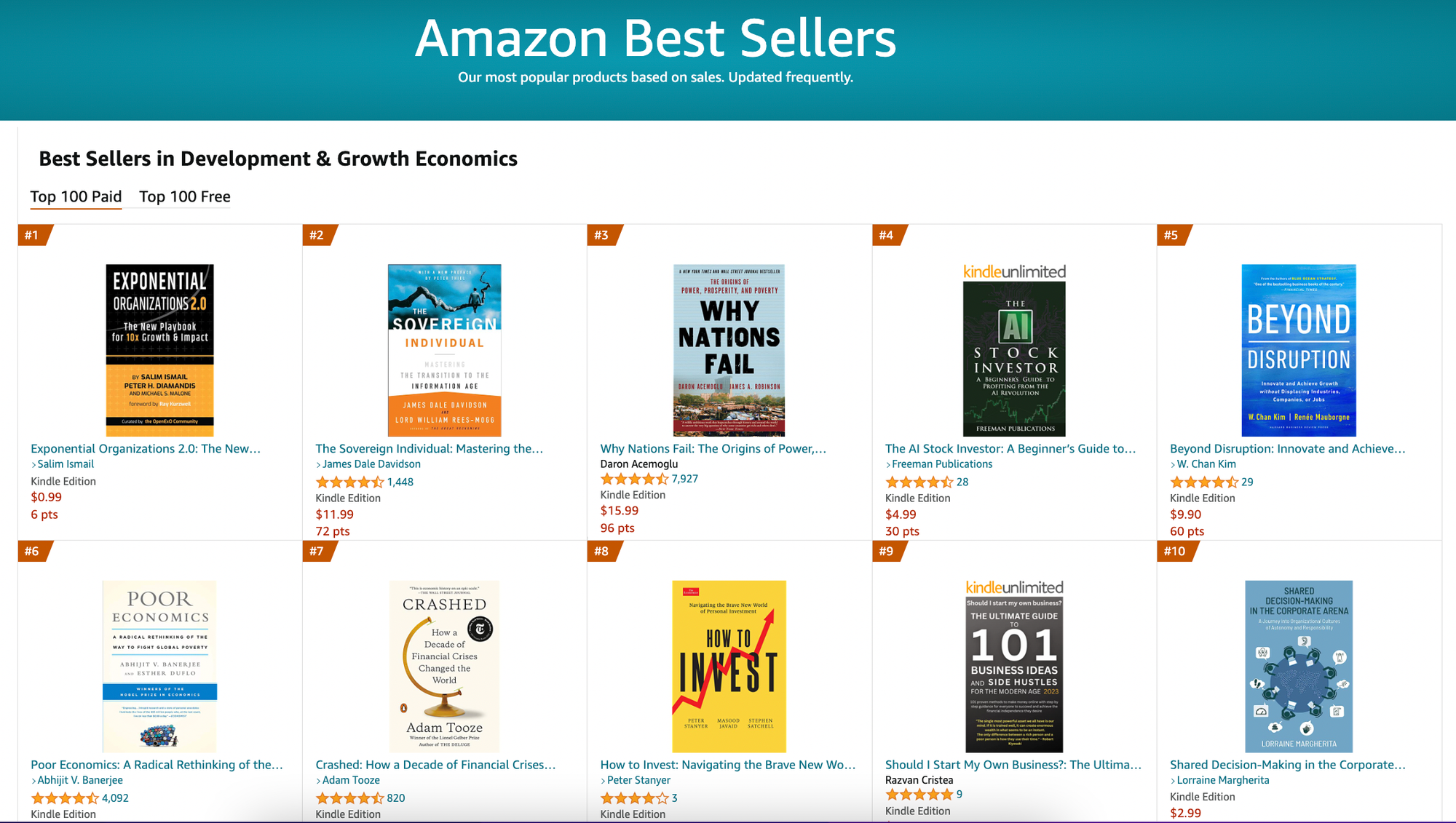
Leadership and Ethics in the Exponential Age: A Call for Responsible Titans
These tech titans, entrusted with shaping the future, must not only be pioneers of innovation but also stewards of ethical responsibility. Their commitment extends beyond customers and shareholders to encompass future generations and humanity as a whole.
This Guardian article on Elon Musk’s alleged actions during the Ukraine conflict serves as a stark reminder of the moral complexities tied to technological power. In the ranks of Mark Zuckerberg, who influences how billions communicate and consume information, and Sam Altman at OpenAI, who has a hand in shaping the future of artificial intelligence, Musk wields power across several categories that ripples across societal, economic, and political landscapes.
As an executive and leadership team coach with extensive experience in helping leaders adapt to technological change, I find myself deeply concerned. These ‘Titans of Tech,’ while unquestionably genius innovators, have been thrust into arenas requiring a nuanced form of leadership—one underpinned by ethical and moral considerations.
In my role, while I’m ethically committed to being non-judgmental with my coachees, I also believe it’s my wider responsibility to raise awareness and reflect on the bigger picture; in this case, the immense responsibilities these tech titans bear.
What’s particularly disappointing is the tendency among some tech leaders to detach themselves from the ethical implications of their innovations. For example, some AI pioneers are cautioning against the very technology they helped create, yet abstain from taking active roles in constructive and collective debates to shape positive outcomes instead. Who but they, are equipped to lead that?
In this rapidly evolving landscape, we all need tech leaders to be prepared for the ethical challenges ahead, just as much as other organizations need to adapt to technological changes. To navigate this ethical complexity, these industry titans should:
1. Exhibit Humility: Recognize that their innovations carry ethical weight that they cannot afford to ignore.
2. Embrace Accountability: Take ownership for the far-reaching consequences—both positive and negative—of their innovations.
3. Engage Actively: Step up to shape the ethical frameworks that will govern their technologies’ future applications.
4. Invest in Education and Training: Ensure their teams are adequately equipped to make ethical decisions.
5. Prioritize Transparency: Commit to an open dialogue about the societal impacts of their technologies, being willing to admit mistakes and make amends.
If we are to entrust these individuals with the immense task of shaping our future, then they must not only be pioneers of technological innovation but also stewards of ethical responsibility. They owe it not just to their customer base or shareholders but to their own future generations and to humanity as a whole.
This article was originally featured on LinkedIn.
Leadership #EthicsInTech #ExponentialAge #TechInnovation #AIandEthics #FutureofTech #TechLeadership #DigitalTransformation

Immerse yourself in the game-changing ideas of OpenExO.
Begin your journey here 🎟️ExOPass & 📚Exponential Organizations 2.0
ExO Insight Newsletter
Join the newsletter to receive the latest updates in your inbox.









